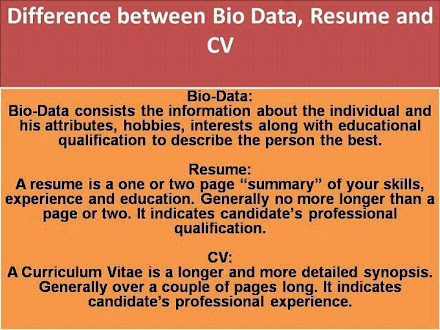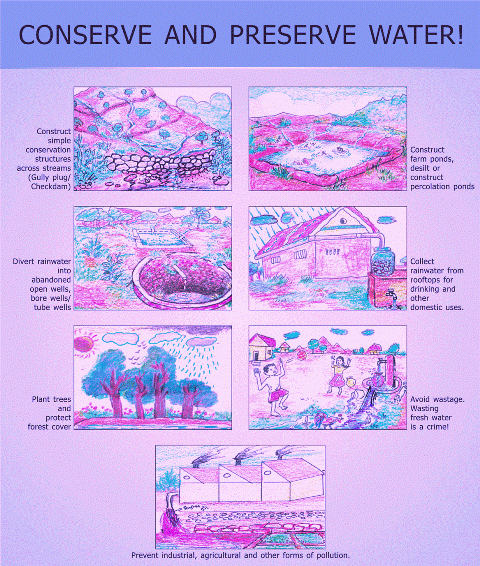WORKSHOP ON PSYCHO SOCIAL CARE FOR SURVIVORS OF TSUNAMI
KANNIYAKUMARI DISTRICT RESPONSES
KANNIYAKUMARI DISTRICT RESPONSES
Hotel Udipi International
9.1.06
DRAFT RECOMMENDATIONS OF THE WORKSHOP
The governmental organization departments of health, education, welfare and the NGO groups representative totaling 60 members convened and shared their experiences of working with the tsunami survivors in the Kanniyakumari deliberated for the entire day and brain stormed in group sessions and group recommends the following:
Psychosocial support for disaster survivors:
1. The group appreciates the efforts of the GO and NGO sectors in providing psychosocial care for the tsunami survivors and strongly recommends that the psycho social care activities need to be continued over a long period of time taking into consideration the varying need at the current point of time of rehabilitation.
2. The psycho social care services need to reach out to specific vulnerable groups like the men, youth, disabled, women, children and the aged who had been neglected in the initial phase of the work.
3. Psycho social care services should not be a stand alone service of counseling but a spectrum of care as has been practiced by a large number of organization.
4. There is a need to integrate, institutionalize the psychosocial care activities in the field areas.
5. Reach out to the survivor community need to be area specific as has been currently formulated with ‘anbiams’, panchayats, hamlets, ‘jamat Kanas’ as geographical boundaries.
6. While caring for the affected community there is need to ‘caring for the carers’ as they are highly distressed.
7. Psychosocial care programme needs to be sensitized through the women and children group members of ICDS centres in the community, parent teacher association in the schools and during the RTI/STI camp activities the out patient or the PHC facilities of the health sector, youth club activities in the field by NYK volunteers.
8. On a long term there is a need to create ‘counseling centres for the children in the schools’, anganwadi centres and ‘drop in counseling centres’ in the panchayats run by NGOs.
9. Net work between, GO and NGO sectors while providing care for the survivor population.
10. Animation and formation programmes are needed at community level.
11. Community reactivation through group activities than individual counseling programme.
TRAINING:
The group unanimously felt that training for the local volunteers helps more than the trained counselors.
1. People not trained in psycho social care service provision like DRDA, DRM, Education, health and ICDS need to be trained at the earliest.
2. Need for follow up and support of the trained persons in the community or review of activities in a periodic manner.
3. Need to sensitise / train the community level leaders, religious groups on the need for psychosocial care.
4. There is a larger presentation of the emotional reactions as somatic problems. There is a need to train the PHC doctors in psychosocial care need to be taken up as a priority.
5. Need to create a larger pool of trained personnel in the community before the disaster and during the immediate phase of the disaster.
6. Coverage of the population needs to be not only to the immediately affected community but also to the larger population and the entire community.
7. Need to train in psychosocial preparedness and life skills education as promotive programmes for the children and the youth.
8. Need for a unified, well-defined training module and content to be made available by the professionals. The differences in professional ideologies need not be reflected at the community level.
9. District, block and village level training programme for various functionaries need to be carried out.
10. Need for refresher training for trained personnel, TOTs carrying out peer trainings.
11. Disaster preparedness training to be imparted to the children and the community.
12. Social skills development, technical skills development of the women needs to be developed and imparted.
13. Develop a pool of trainers of trainees at the District level for impact training with long standing NGOs and GOs in the District.
14. Importance of need assessment before training.
Co-ordination and net working:
The group unanimously felt the declining nature of participation, funding and presence of INGOs and NGOs during the rehabilitation phase of the disaster and expressed concern in continuation of the psychosocial care activities.
1. The duplication of work and declining participation of NGOs in village level coordination was noted with concern and as it provided better coordination at the micro unit level, periodic coordination and consultation meeting at the village, block, and the district level has been suggested.
2. Problems of life issues subsequent to the disaster are on the rise ex. Suicides, alcohol, family violence, decline in values and so on. There is a need for consented and coordinated activity among the GO and NGO sectors in tackling the same.
2. Need for follow up and support of the trained persons in the community or review of activities in a periodic manner.
3. Need to sensitise / train the community level leaders, religious groups on the need for psychosocial care.
4. There is a larger presentation of the emotional reactions as somatic problems. There is a need to train the PHC doctors in psychosocial care need to be taken up as a priority.
5. Need to create a larger pool of trained personnel in the community before the disaster and during the immediate phase of the disaster.
6. Coverage of the population needs to be not only to the immediately affected community but also to the larger population and the entire community.
7. Need to train in psychosocial preparedness and life skills education as promotive programmes for the children and the youth.
8. Need for a unified, well-defined training module and content to be made available by the professionals. The differences in professional ideologies need not be reflected at the community level.
9. District, block and village level training programme for various functionaries need to be carried out.
10. Need for refresher training for trained personnel, TOTs carrying out peer trainings.
11. Disaster preparedness training to be imparted to the children and the community.
12. Social skills development, technical skills development of the women needs to be developed and imparted.
13. Develop a pool of trainers of trainees at the District level for impact training with long standing NGOs and GOs in the District.
14. Importance of need assessment before training.
Co-ordination and net working:
The group unanimously felt the declining nature of participation, funding and presence of INGOs and NGOs during the rehabilitation phase of the disaster and expressed concern in continuation of the psychosocial care activities.
1. The duplication of work and declining participation of NGOs in village level coordination was noted with concern and as it provided better coordination at the micro unit level, periodic coordination and consultation meeting at the village, block, and the district level has been suggested.
2. Problems of life issues subsequent to the disaster are on the rise ex. Suicides, alcohol, family violence, decline in values and so on. There is a need for consented and coordinated activity among the GO and NGO sectors in tackling the same.
3. Co ordination needs to be based on scientific data and a general understanding of psycho social support needs to be created.
4. Lead NGOs to be open for cooperation with small NGOs and community groups on psychosocial care.
5. Coordination needs to be started at the village level through anbiams at the local village, followed by NGOs, lead NGOs and then the District level coordination agency.
6. Networking needs to be initiated with participation at the village level and then taken to the local NGOs, lead NGOs, and major institutions.
7. In order to sustain the networking there is a need to formulate a long term strategy through membership creation of the local NGOs during non emergency period.
8. Coordinate the forums for the children, women at the village level.
9. NIMHANS in coordination with KRRC and kanyakumari NGOs and GO to continue to coordinate the PSC activities both at the village level, block and the District level.
4. Lead NGOs to be open for cooperation with small NGOs and community groups on psychosocial care.
5. Coordination needs to be started at the village level through anbiams at the local village, followed by NGOs, lead NGOs and then the District level coordination agency.
6. Networking needs to be initiated with participation at the village level and then taken to the local NGOs, lead NGOs, and major institutions.
7. In order to sustain the networking there is a need to formulate a long term strategy through membership creation of the local NGOs during non emergency period.
8. Coordinate the forums for the children, women at the village level.
9. NIMHANS in coordination with KRRC and kanyakumari NGOs and GO to continue to coordinate the PSC activities both at the village level, block and the District level.






No comments:
Post a Comment